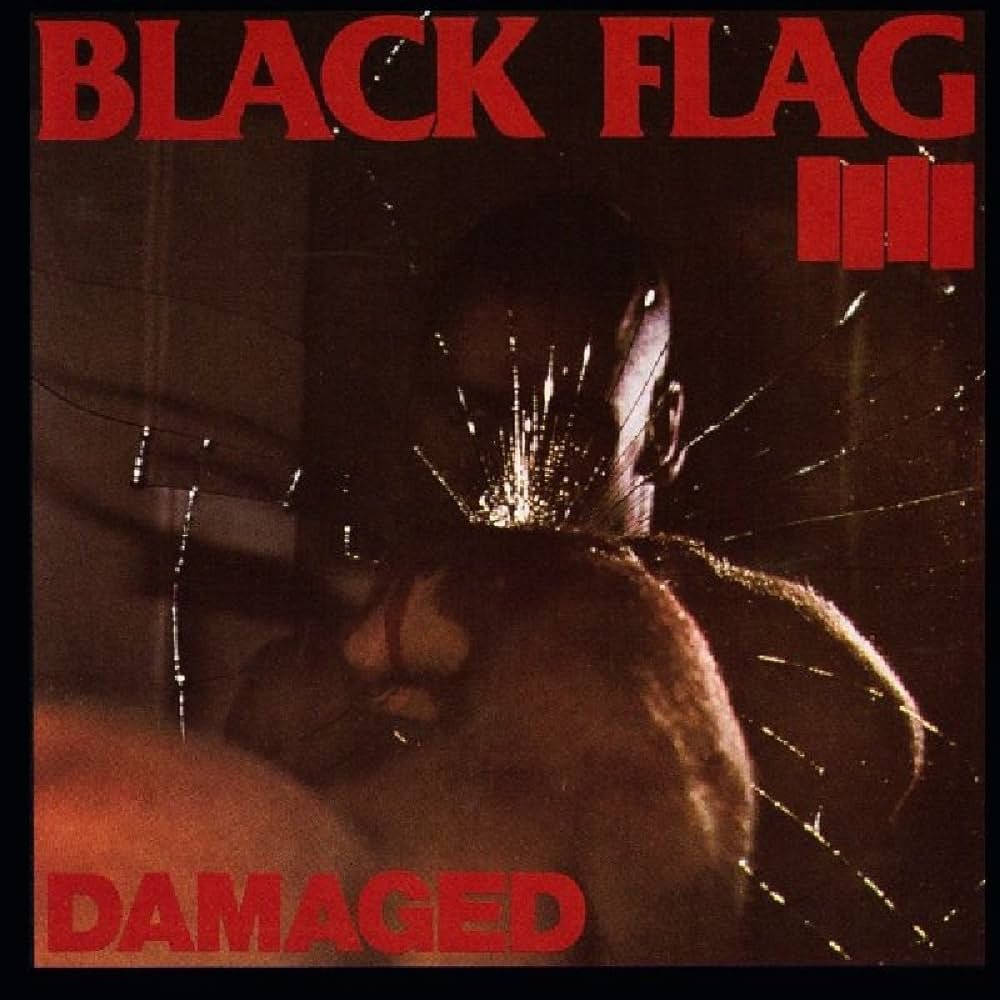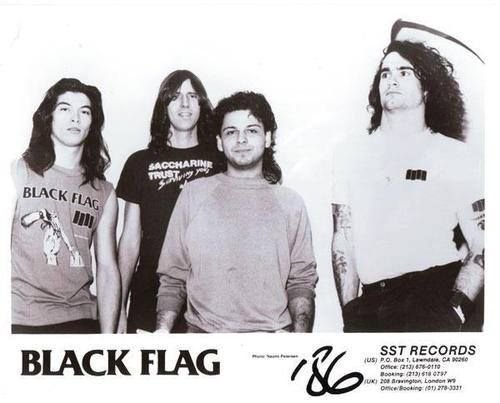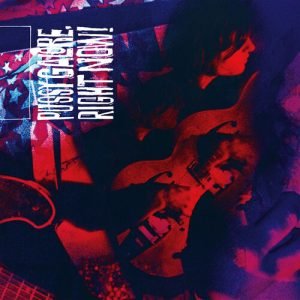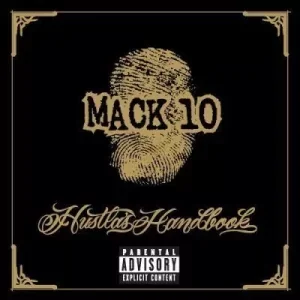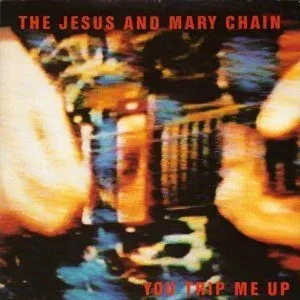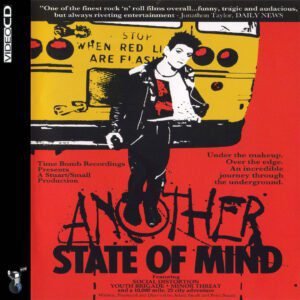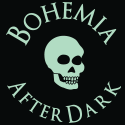Black Flag – Rise Above / American Waste
Description
Rollins era (1981–1985)

Twenty-year-old fan Henry Rollins (birth name Henry Garfield) was then living in Washington, D.C., and singing for hardcore band State of Alert (S.O.A.). S.O.A. drummer Ivor Hanson had a father who was a top admiral in the US Navy, and his family shared living quarters with the vice president of the United States in the United States Naval Observatory. The band held their practices there, and would have to be let in by United States Secret Service agents.
S.O.A. had corresponded with Black Flag, and met them when they performed on the U.S. east coast. At an impromptu show at A7 in New York City, Rollins had asked the band to perform “Clocked In”, and the band offered to let him sing. Since vocalist Dez Cadena was switching to guitar, the band then invited Rollins to audition. Impressed by his stage demeanor, they asked him to become their permanent vocalist. Despite some doubts, he accepted, due in part to Ian MacKaye‘s encouragement. Rollins acted as roadie for the remainder of the tour while learning Black Flag’s songs during sound checks and encores, while Cadena crafted guitar parts that meshed with Ginn’s. Rollins also impressed Black Flag with his broad musical interests during an era when punk rock music and fans were increasingly factionalized; he introduced Black Flag to Washington D.C.’s go-go, a distinctive take on funk music.
Rollins was Black Flag’s longest-lasting vocalist. When he joined Black Flag, he brought a different attitude and perspective than previous singers. Some earlier songs, such as “Six Pack” (a song written about original singer Keith Morris) blended a sense of black humor with driving punk rock. Rollins was an intense performer, who usually appeared onstage wearing only shorts. Ginn once stated that after Rollins joined, “We couldn’t do songs with a sense of humor anymore; he got into the serious way-out poet thing.”
With Rollins, Black Flag began work on their first full-length album. The sessions for the album (chronicled in Michael Azerrad‘s book Our Band Could Be Your Life) were a source of conflict between the band and engineer/producer Spot, who had worked with the band and the SST label since their early years. Spot had already recorded many of the Damaged tracks with Dez Cadena on vocals (as well as Keith Morris and Ron Reyes) and felt that the band’s sound was ruined with the two guitar line-up (these versions can be heard on the albums Everything Went Black and The First Four Years). Whereas the earlier four-piece versions are more focused and much cleaner sounding, the Damaged recordings are more akin to a live recording, with little stereo separation of guitars, and somewhat muddy. When asked about the lo-fidelity production, Spot has said “They wanted it to sound that way.” However, the artistic content and expression on the album showed the band pushing punk or hardcore music to a new level, with deeply personal and intensely emotional lyrics. As such, Damaged is generally regarded as Black Flag’s most focused recording. One critic has written that Damaged was “perhaps the best album to emerge from the quagmire that was early-’80s California punk … the visceral, intensely physical presence of Damaged has yet to be equaled, although many bands have tried.” Damaged was released in 1981, and the group began an extensive tour in support of it, forging an independent network for touring independent music acts that would form a cornerstone of the independent music scene for the decade to come.
The previous year 1980 saw the U.S. punk rock movement hitting a peak in popularity. With Damaged and their growing reputation as an impressive live band, Black Flag seemed poised on the cusp of a commercial breakthrough. The record was to be distributed by now-defunct Unicorn Records, a subsidiary of MCA. Trouble began when MCA refused to handle Damaged after MCA executive Al Bergamo determined the album was an “Anti-Parent” record. However, according to longtime SST employee Joe Carducci[18] the “Anti-Parent” statement was not the real reason for MCA’s refusing to distribute Damaged; Carducci reported that Unicorn Records was so poorly managed and so deeply in debt that MCA stood to lose money by distributing the album, regardless of its content. This was the beginning of a legal dispute that would, for several years, disallow Black Flag from using their own name on any record after Damaged was released on SST Records and a copy of the “Anti-Parent” statement was placed on the album’s cover.
With their new singer, Black Flag and the Minutemen made their first tour of the UK through late 1981 and early 1982. During that tour, the band met punk icon Richard Hell and opened a concert for him. Rollins later published his diaries from that tour in his book Get in the Van. As the front man, Rollins was a frequent target of violent audience members, and started getting involved in fist-fights. Rollins developed a distinct showmanship on stage, where he could entertain an audience just by talking to them. The rest of the band were targets too, with Greg Ginn getting hit by a bullet shell while playing in Colwyn Bay.
As Black Flag was about to return home, UK customs detained Colombian drummer Robo due to visa problems, and he was not able to return with the rest of the band. This would be the end of his tenure with the band (he was able to eventually re-enter the United States in mid-1982, at which point he would promptly join the Misfits as one of that band’s last drummers before its 1983 breakup). The loss of Robo put an end to extensive touring for a while. Emil Johnson of Twisted Roots filled in for one tour, but it was clear he was only temporary.
While on that tour in Vancouver, the band found out that drummer Chuck Biscuits was leaving D.O.A. He was quickly drafted on board, traveling with the band for the rest of the tour (cut short because of Henry Rollins’ injured knee) to learn the songs. This lineup recorded the later-bootlegged cassette 1982 Demos, showing the direction the band would go in for the My War album.
However, due to personality conflicts—in Get in the Van, Rollins described Biscuits as a “fuck up”—and the Unicorn court injunction-forced inactivity of Black Flag, Biscuits left to join their rivals the Circle Jerks. (Later, Biscuits joined ex-Misfits singer Glenn Danzig’s solo project Danzig). Black Flag eventually got Bill Stevenson of Descendents to join permanently (he had filled in from time-to-time before). While the Unicorn Records court injunction prevented the group from releasing a new studio album, they nonetheless continued to work on new material, and embarked on a period which would mark a pronounced change in the group’s direction (and that of underground music in general).
It is possible that the violence of the previous tour had an effect on the band’s direction. The band had also become increasingly interested in music other than punk rock, such as the Jimi Hendrix Experience, and some of the members (particularly Ginn) used cannabis. (However, various members had been fans of such music long before Black Flag, with Ginn being an avid Grateful Dead fan, and Cadena a fan of Hawkwind.) Newer material (which can be heard on the 1982 Demos bootleg) was slower and less like typical punk music, with classic rock and blues influences seeping in. Cadena left in April 1983 to form his own band DC3. He would take some of the new songs he had written for Black Flag with him and record them for DC3’s debut album.
Additionally, by late 1983, Dukowski had retired from performing with Black Flag (some accounts report he was “edged out” by Ginn); Azerrad reports that Ginn was dissatisfied with Dukowski’s failure to progress as an instrumentalist, and made things difficult for Dukowski in an attempt to make him quit, but in the end, Rollins took it on himself to fire Dukowski.[22] However, a few of Dukowski’s songs were featured on later albums, and he continued acting in his capacity as tour manager.
1983 found Black Flag with fresh songs and a new direction, but without a bass player, and embroiled in a legal dispute over distribution due to SST’s issuing Damaged (Ginn argued that since MCA was no longer involved, the Unicorn deal was not legally binding, while Unicorn disagreed and sued SST and Black Flag). Until the matter was sorted out, the band were prevented by a court injunction from using the name “Black Flag” on any recordings. They released a compilation record, Everything Went Black, which was credited to the individual musicians, not “Black Flag”. In fact, wherever the original album artwork had the words “Black Flag”, they had been covered up with small slips of paper, thus adhering to the letter of the law.
After Unicorn Records declared bankruptcy, Black Flag were released from the injunction, and returned with a vengeance, starting with the release of My War. The album was both a continuation of Damaged, and a vast leap forward. While the general mood and lyrics continue in the confrontational and emotional tone of Damaged, the album would prove influential to grunge music as the decade progressed. Lacking a bass player, Ginn played bass guitar, using the pseudonym Dale Nixon. On the May 1, 2007 episode of his radio program Harmony in My Head, Rollins reported that one of Ginn’s favorite albums during this era was Mahavishnu Orchestra‘s Birds of Fire (1973), and opined that John McLaughlin‘s guitar work influenced Ginn.
Freed legally to release albums, Black Flag was re-energized and ready to continue full steam ahead. The band recruited bassist Kira Roessler (sister of punk keyboardist Paul Roessler, of 45 Grave) to replace Dukowski, and began its most prolific period.
1984 saw Black Flag (and the SST label) at their most ambitious. This year they would release three full-length albums, and toured nearly constantly, with Rollins noting 178 performances for the year, and about that many for 1985. With Dukowski gone, Ginn ceded much of the spotlight to Rollins, who had expressed some discomfort[23] over being the group’s de facto spokesman, while Ginn was the recognized leader (Ginn wrote the majority of the group’s songs and lyrics).
With Roessler on board, Black Flag began earnest experimentation, sometimes to critical and audience disdain: One critic writes that Slip It In “blurs the line between moronic punk and moronic metal”;[12] another writes My War is “a pretentious mess of a record with a totally worthless second side.” Rollins reports that Black Flag’s set-lists in this era rarely included older crowd favorites like “Six Pack” or “Nervous Breakdown”, and that audiences were often irritated by the new, slower Black Flag. Violence against the band (and especially Rollins) was ever-present, although the vocalist was now an avid weight lifter, and more than able to defend himself. Furthermore, to Rollins’ chagrin, Ginn’s interest in marijuana steadily increased; as Rollins put it, “By ’86 it was ‘Cannot separate the man from his Anvil case with a big-ass stash.'” Despite the initial resistance to the new music and quasi-psychedelic direction, My War would later be cited as a formative influence on the grunge, stoner and sludge metal genres. The band would continue to evolve toward a more heavy metal sound, with 1985’s Loose Nut featuring more polished production.
Later period and break up (1985–1986)
Despite 1984–85 being the most fruitful period for the band and their record label, Ginn and Rollins would ultimately decide to eject Roessler from Black Flag, citing erratic behavior. It has also been suggested that Ginn’s accommodating Roessler’s college schedule created tension in the band. Her absence, and the lack of a steady drummer (Stevenson quit and was replaced by Anthony Martinez), contributed to the comparatively weak reputation of the last few Black Flag tours.
By 1986, Black Flag’s members had grown tired of the tensions of their relentless touring schedule, infighting, and of living in near-poverty. The band had been together almost a decade, and true commercial success and stability had eluded them. The band’s erratic artistic changes were a barrier to their retaining an audience – Ginn was so creatively restless that Black Flag’s albums were often very dissimilar. At one point, Rollins apparently said, “Why don’t we make a record that was like the last one so people won’t always be trying to catch up with what we’re doing?” The next album, In My Head, with its powerful bluesy proto-grunge-metal, did seem to finally be a cohesive follow-up to their previous album Loose Nut, but it would be their last.
Black Flag played its final show on June 27, 1986, in Detroit, Michigan. In his book Get in the Van, Rollins wrote that Ginn telephoned him in August 1986: “He told me he was quitting the band. I thought that was strange considering it was his band and all. So in one short phone call, it was all over.”


